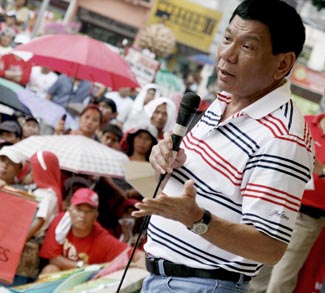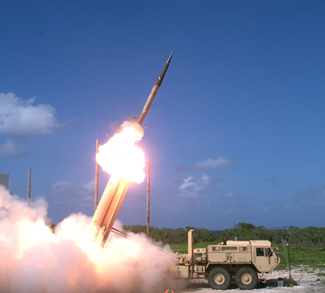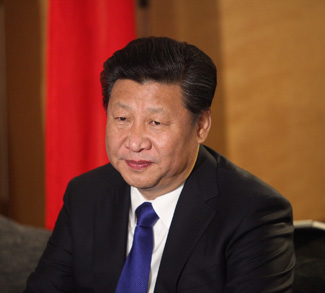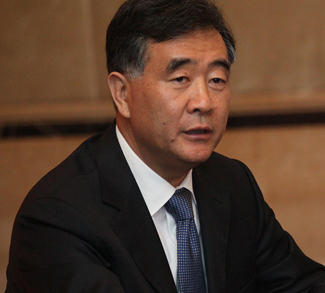Summary
The Philippines has a new president: Rodrigo Duterte, the tough, straight-talking mayor of Davao, a mid-level city of around 1.5 million people. Duterte will be the first president to hail from Minanao in the under-developed south, a region that is home to a decades-long insurgency by Islamist groups who feel underrepresented in state politics.
The Philippines is one of several states engaged in territorial disputes with China over maritime borders in the South China Sea, and this is one foreign policy area in which the Duterte presidency could be a game changer, though not necessarily in a positive way so far as smaller claimants are concerned. Statements made by Duterte during the campaign have revealed a surprisingly soft line towards Beijing in the South China Sea dispute – so soft that some are accusing the president elect of adopting a dovish line on territorial claims in exchange for foreign donations to his presidential campaign fund.
Impact
The statement in question is Duterte’s pledge to hold bilateral talks with China to jointly develop the South China Sea if the current strategy of pushing for multilateral talks and pressing the Philippines’ case in international courts doesn’t bear fruit within two years. Or in the president elect’s own words:
I would say to China, ‘do not claim anything here and I will not insist also that it is ours. But then I will just turn a blind eye. If you want joint ventures, fine, we can get the oil and gas. I believe in sharing.




